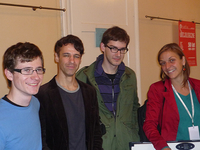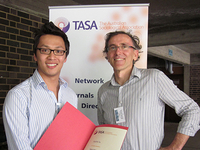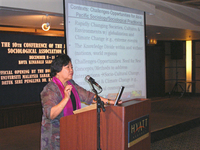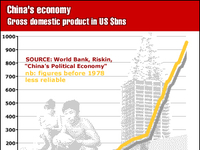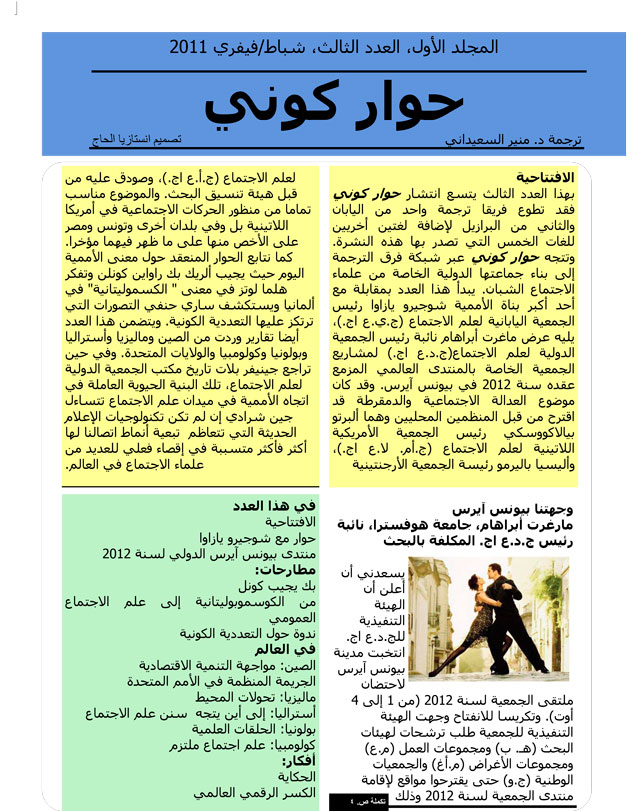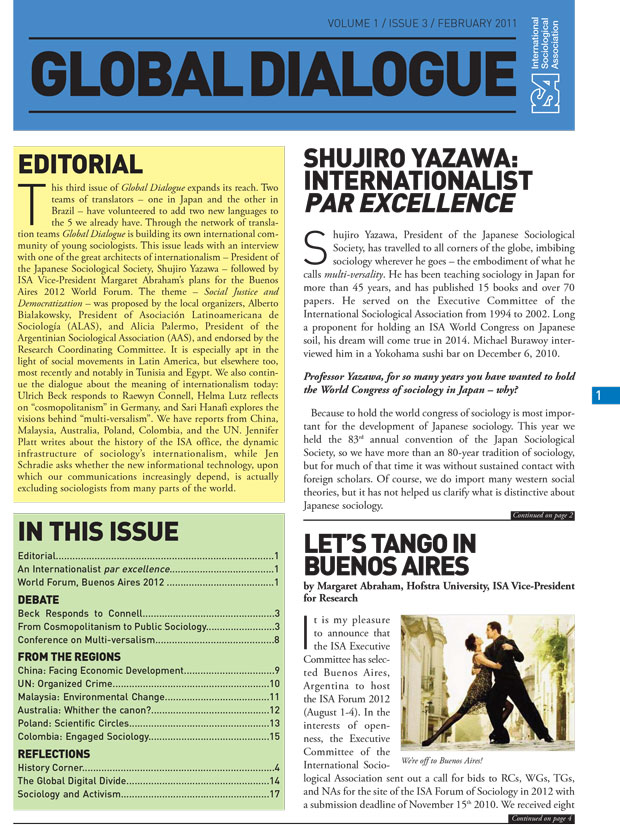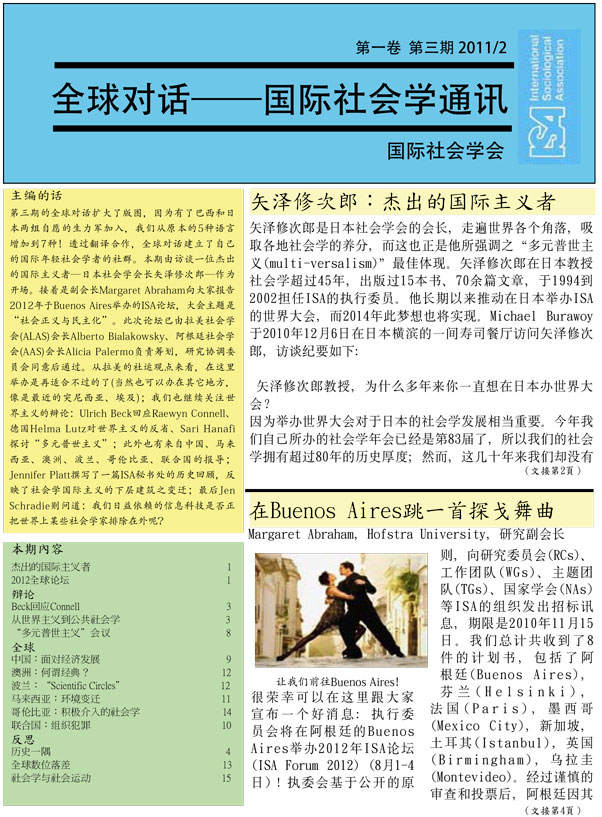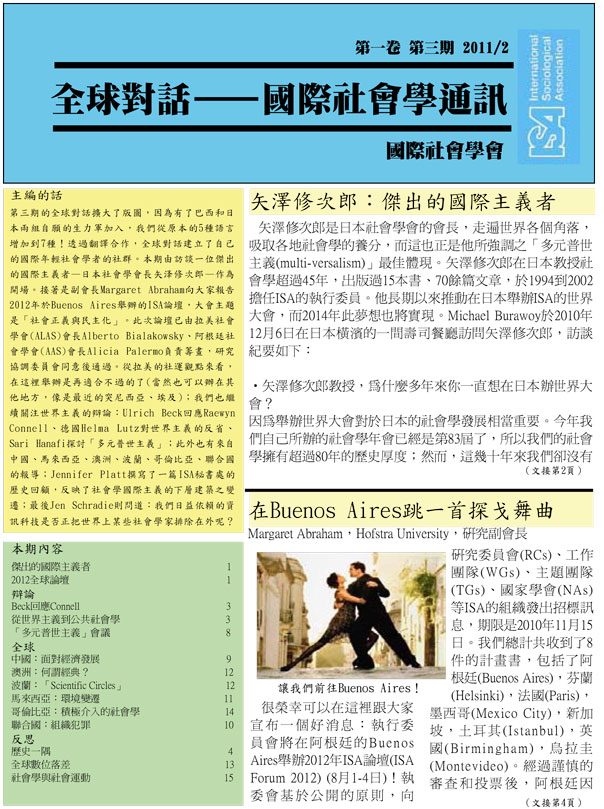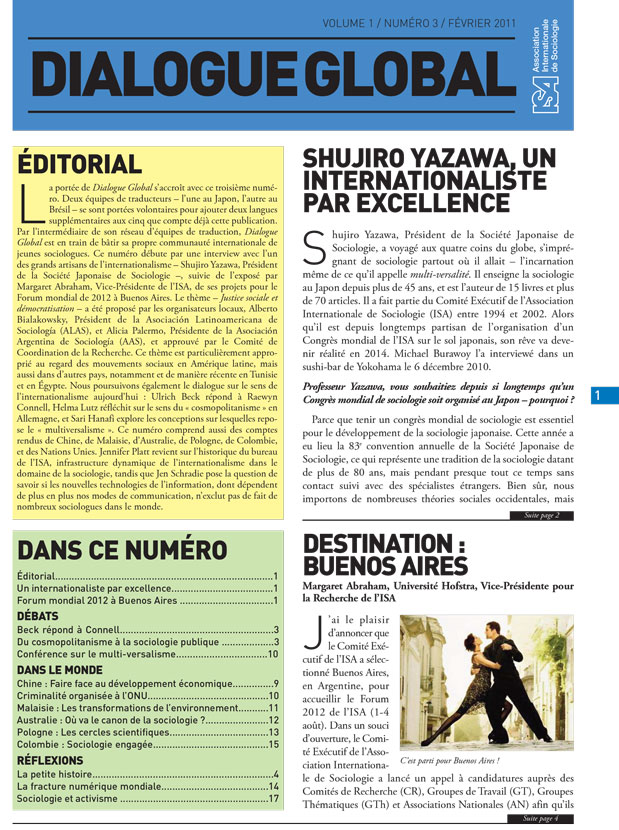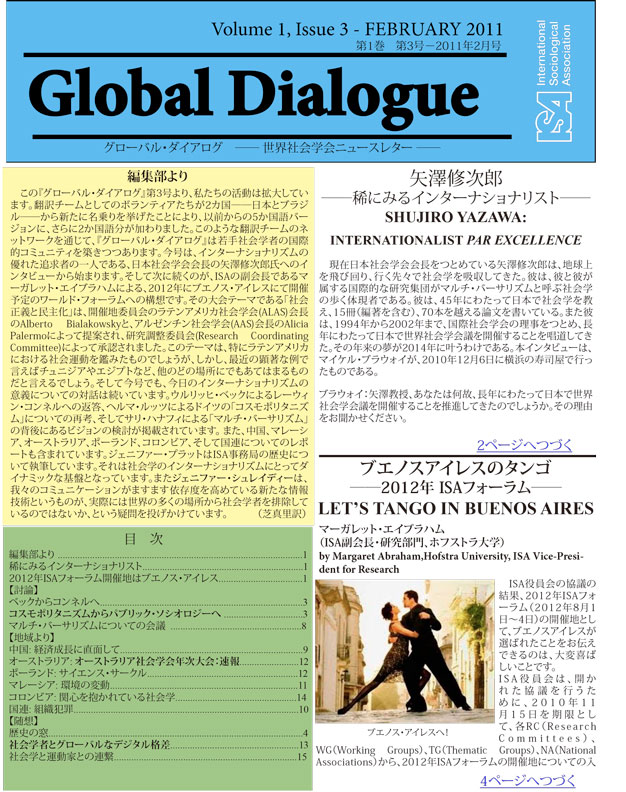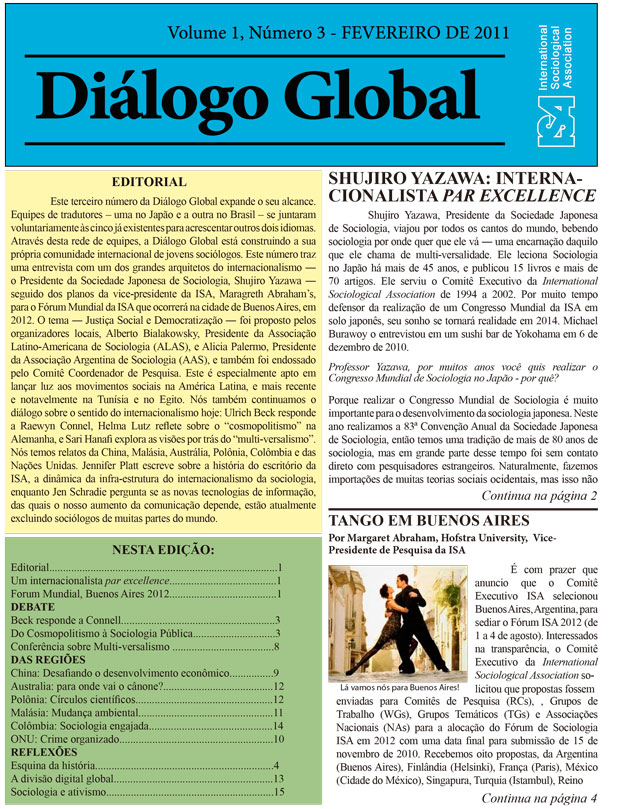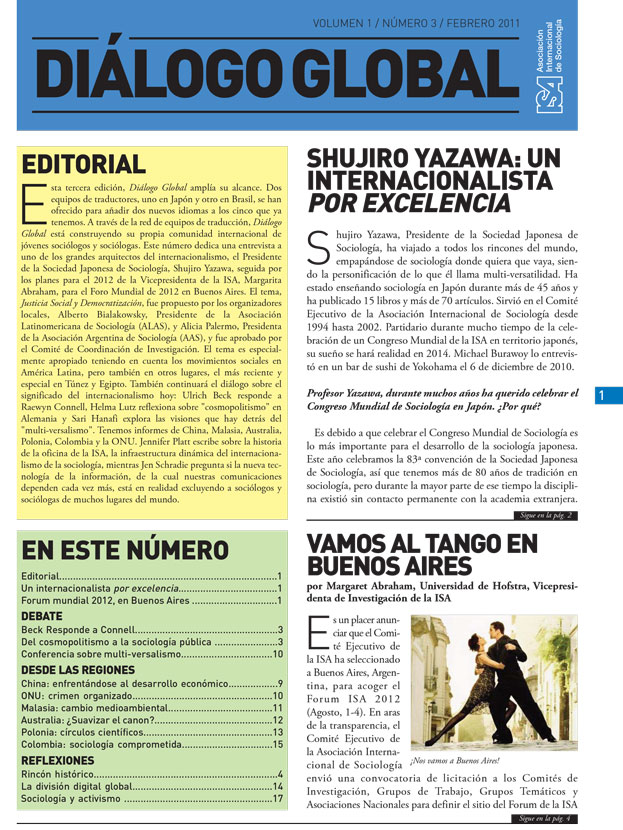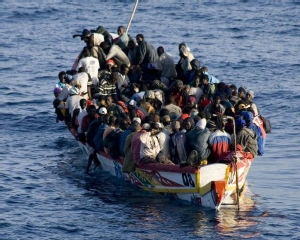As an observer I attended the 5th Session of the Conference of the Parties to the United Nations Convention against Transnational Organized Crime. It took place 18-22 October, 2010 in Vienna, Austria. The Conference was established as a vehicle for State Parties to report on the implementation of the convention to combat international organized crime.
As an economic issue Transnational Crime is responsible for an enormous amount of money flows. In an introductory statement the speaker talked of $200,000 earned every minute worldwide through trafficking. Thus, it is important for States worldwide, and the conference began with a general debate among ambassadors and ministers of nation states. General commitments to the war on organized crime were made, and the importance of international cooperation was highlighted. One measure of combat was to hamper criminals from opening bank accounts.
Individual sessions dealt with:
- Review of the implementation of the UN Convention against Transnational Crime
- Protocol on Trafficking in Persons
- Protocol on Smuggling of Migrants
- Protocol on Firearms
A diverse and complicated picture was drawn. It was argued that there might be some good in trafficking, when it helps refugees and enables migration for the betterment of human beings. At the same time, it was argued, such migration should be possible through legal channels. For criminals the smuggling of migrants is highly profitable, low-risk business. The international community is trying to make this a high-risk enterprise. By contrast trafficking of firearms is always seen as bad. New forms of transnational crimes, such as cyber crime and trafficking in human organs, need to be incorporated in the Convention.
The plenary sessions discussed the evaluation of organized crime. It should be supervised by internationally selected peers and supported by data. Most countries were in a hurry to implement the evaluation and to show concrete activities and achievements, others were reluctant to undertake immediate implementation and were concerned about the costs. Financial support is necessary and it should go from the North to the South.
All agreed on the necessity of collecting data, drawing on tools established by an expert group at the UN Office of Drugs and Crime, and sharing experiences, which would be more important than delivering recommendations. The few NGOs allowed to participate – and thus were more than simply observers – emphasized the importance of including the perspective of civil society. They promoted victim-centered approaches which would set up measures to provide compensation, material assistance and the constitution of self-organized groups.
The most important issues for sociologists seem to be the international need for data, and here sociologists could help to gather quantitative and qualitative data. Quantitative data could be deepened with case studies of nations as well as the fate of individuals. Sociologists could also contribute to the training of lawyers and officers, training organized through civil society organizations.
Colleagues working on or interested in such activities and wanting to contribute to this internationally important issue might look at the webpage of UNODC to get more information: http://www.unodc.org/unodc.
The NGOs published a comment on: http://www.unodc.org/unodc/en/ngos/news.html.
Rudolf Richter, University of Vienna, Austria
